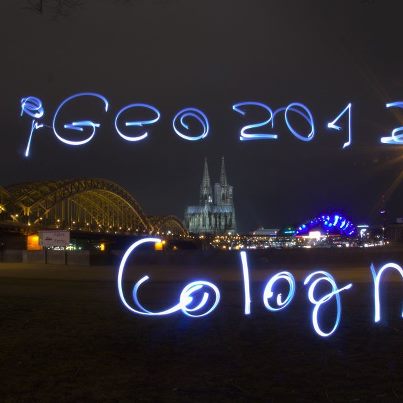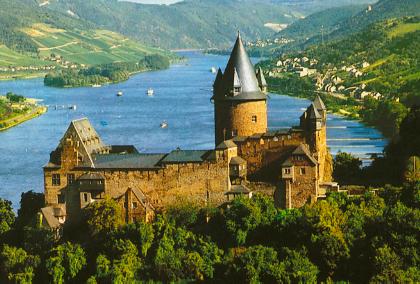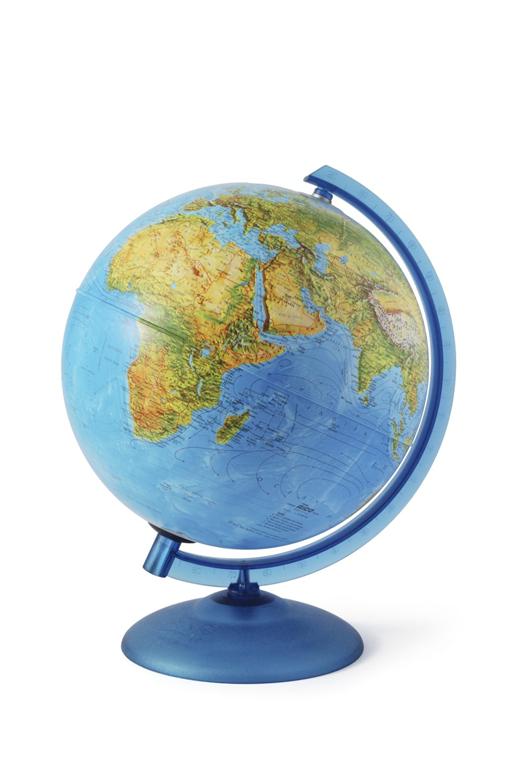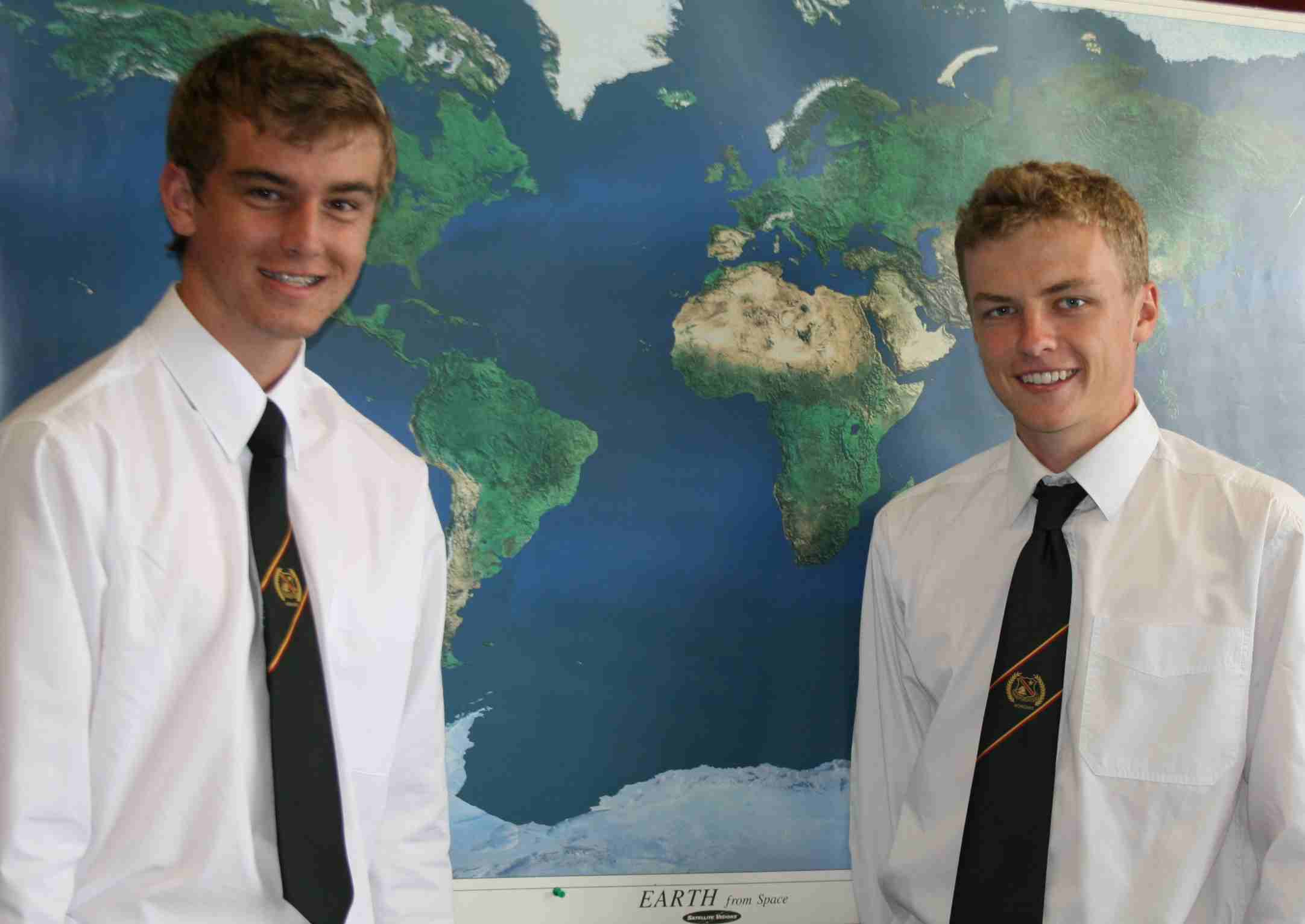Geography Olympiad Report - Scott Cameron
 I would like to thank you for the help which you provided for me to attend the recent International Geography Olympiad, or IGeo. The competition involved 124 competitors from 32 countries and was a great opportunity for me to represent New Zealand on the world stage. It enabled me to meet people with similar geographical interests from right around the world and to share ideas about issues concerning geography.
I would like to thank you for the help which you provided for me to attend the recent International Geography Olympiad, or IGeo. The competition involved 124 competitors from 32 countries and was a great opportunity for me to represent New Zealand on the world stage. It enabled me to meet people with similar geographical interests from right around the world and to share ideas about issues concerning geography.
The trip started for us with a 24 hour stopover in Hong Kong. Although we did not have much time in such a wonderful city, it was great that another member of the team has an aunt that lives in Hong Kong. This meant that right from the word go we were immersed in the culture and able to experience everything that Hong Kong had to offer. After a traditional lunch of Yum Cha, we rode the subway system, went to an ancient Chinese temple, visited one of Hong Kong’s local shopping districts, watched the Symphony of Lights from the harbour and looked over the city at night from “The Peak”. The whole experience was incredible and enabled me to look at things in ways that I never had before. It was interesting to look at the problems associated with a development of a city with nearly two times New Zealand’s population through the eyes of a geographer. Seeing the issues around transportation, housing and the environment that I had studied in class was very beneficial.
After a long flight and train ride (with no in-flight entertainment) we made it to the city of Cologne. The first day we were there the temperature was 40oC, the hottest day in Germany for 100 years. We had a few days to acclimatise in Cologne in which we were able to meet up with other teams that had arrived early and take a tour of the city including the chocolate museum and climbing the Cologne Cathedral with the Australians, Mexicans and Nigerians.
The first aspect of the competition was a written response test which comprised 40% of the total mark. We had two and a half hours to answer questions under 6 main topics including, urbanisation, coastal development, climate, natural hazards, rivers and agriculture. Although I have not yet received the marks for individual sections of the competition, I believe that I did well in this section. Talking to other competitors afterwards it was obvious that the AS Geography course that I am completing in school was beneficial in the test. It was also interesting to hear how exam systems in other countries may not have suited them so well for answering some of the questions.
 The next aspect of the competition was the fieldwork test. This comprised 40% of the total mark and was the most challenging part of the Olympiad. Done over two days it involved observing, analysing and mapping two different areas on opposite sides of the river Rhine. One side, the ‘Rheinau’ Harbour development was extremely modern and the other side, Deutz Harbour was an old industrial area. Our task was to map the modern development and outline our ideas for a similar development for the old industrial area. There is no doubt this part of IGeo tested my geographic skills, as unlike the written test, many of the aspects I had not practiced as much in the class room. The fieldwork gave me a good insight into modern European urban design and how they are attempting to incorporate historical aspects including the industrial docklands into such developments. The positive interaction between the river and everyday inner city life was also interesting to note. It was especially interesting to me as a Hamiltonian, I can now appreciate how underutilised our river is compared to Cologne’s use of the Rhine.
The next aspect of the competition was the fieldwork test. This comprised 40% of the total mark and was the most challenging part of the Olympiad. Done over two days it involved observing, analysing and mapping two different areas on opposite sides of the river Rhine. One side, the ‘Rheinau’ Harbour development was extremely modern and the other side, Deutz Harbour was an old industrial area. Our task was to map the modern development and outline our ideas for a similar development for the old industrial area. There is no doubt this part of IGeo tested my geographic skills, as unlike the written test, many of the aspects I had not practiced as much in the class room. The fieldwork gave me a good insight into modern European urban design and how they are attempting to incorporate historical aspects including the industrial docklands into such developments. The positive interaction between the river and everyday inner city life was also interesting to note. It was especially interesting to me as a Hamiltonian, I can now appreciate how underutilised our river is compared to Cologne’s use of the Rhine.
The final aspect of the individual competition was the Multimedia Test. This was a 45 minute test with 30 multi-choice questions that involved using different geographical resources including photos, maps and videos and being able to interpret them. This part comprised the final 20% of the overall mark.
 While the main purpose of IGeo was for the competition, the social aspect was also important. I was able to meet many people from countries that I previously had no links to, like Lithuania, Croatia and Japan. One way that these relationships were developed was an intercultural evening. Each 4 person team was split up into four different workshops so we were with nobody that we had known before. I was in the music workshop and we looked at how music is able to bring people of different cultures together as well as putting a few musical performances for the organisers and team leaders. It was a great way to get to know people in a non-competitive setting.
While the main purpose of IGeo was for the competition, the social aspect was also important. I was able to meet many people from countries that I previously had no links to, like Lithuania, Croatia and Japan. One way that these relationships were developed was an intercultural evening. Each 4 person team was split up into four different workshops so we were with nobody that we had known before. I was in the music workshop and we looked at how music is able to bring people of different cultures together as well as putting a few musical performances for the organisers and team leaders. It was a great way to get to know people in a non-competitive setting.
While the competition was mainly individual, there was also a team poster competition. Each team had to present a poster on the topic of “Water as an essential resource – Water as a versatile habitat”. This was a good chance for us to talk about our use of water as well as to promote New Zealand to other countries. It was also interesting to listen to the ways that other countries use their water. Each student participant was allowed to vote for their favourite poster, and “Team New Zealand” was top equal on votes.
On the final day the results of the competition were announced. In total there were 62 medals, 10 gold, 21 silver and 31 bronze. I was awarded a silver medal, just missing out on gold with a placing of 12th in the world. This is the best ever result achieved by a New Zealand participant at IGeo. As a team taking in to account individual results, New Zealand also did well; all individuals received a medal (two silvers, two bronze) as well as gaining a ranking of 4th, behind Singapore, Romania and Poland. Once again this was New Zealand’s best ever result.
 Overall, the IGeo competition was amazing. I have made friends that I will no doubt meet up with around the world in future years. I have been able to learn about different cultures. And I have been able to develop my geographic skills. I plan to study Civil or Environmental engineering at university next year and the skills that I have learnt and networks of people I have made contact with will help me in my future endeavours. The experience has made me think more widely about the world, our countries place in it and how we can do better.
Overall, the IGeo competition was amazing. I have made friends that I will no doubt meet up with around the world in future years. I have been able to learn about different cultures. And I have been able to develop my geographic skills. I plan to study Civil or Environmental engineering at university next year and the skills that I have learnt and networks of people I have made contact with will help me in my future endeavours. The experience has made me think more widely about the world, our countries place in it and how we can do better.
Without the help of many people and organisations I would not have had the opportunity to contest for a position on the New Zealand Team and attend IGeo 2012. I would like to firstly thank my geography teachers from Hamilton Boys’ High School, Mrs Shephard and Ms van der Beek for providing me with the opportunity, preparing me well and helping to find sponsorship. Lex Chalmers and Max Oulton from the University of Waikato also need thanks for their help with team and poster preparation respectively. I would also like to thank all of my sponsors for helping me meet the financial cost of getting to Germany. They were: The University of Waikato, The Royal Society of New Zealand, The HBHS Parents Association, The New Zealand Board of Geography Teachers including the Waikato Branch and the MP’s for Hamilton East and West, David Bennett and Tim Macindoe.
Thank you also to our team leaders Anna Wilson and Nick Page who honed our skills in the months leading up to the competition and accompanied us. Without their organisation and commitment to the competition the trip would not have been possible. Lastly I would like to thank my friends, family and team mates (Connor, Sidney and Brent) for their support and encouragement.
Back to News

